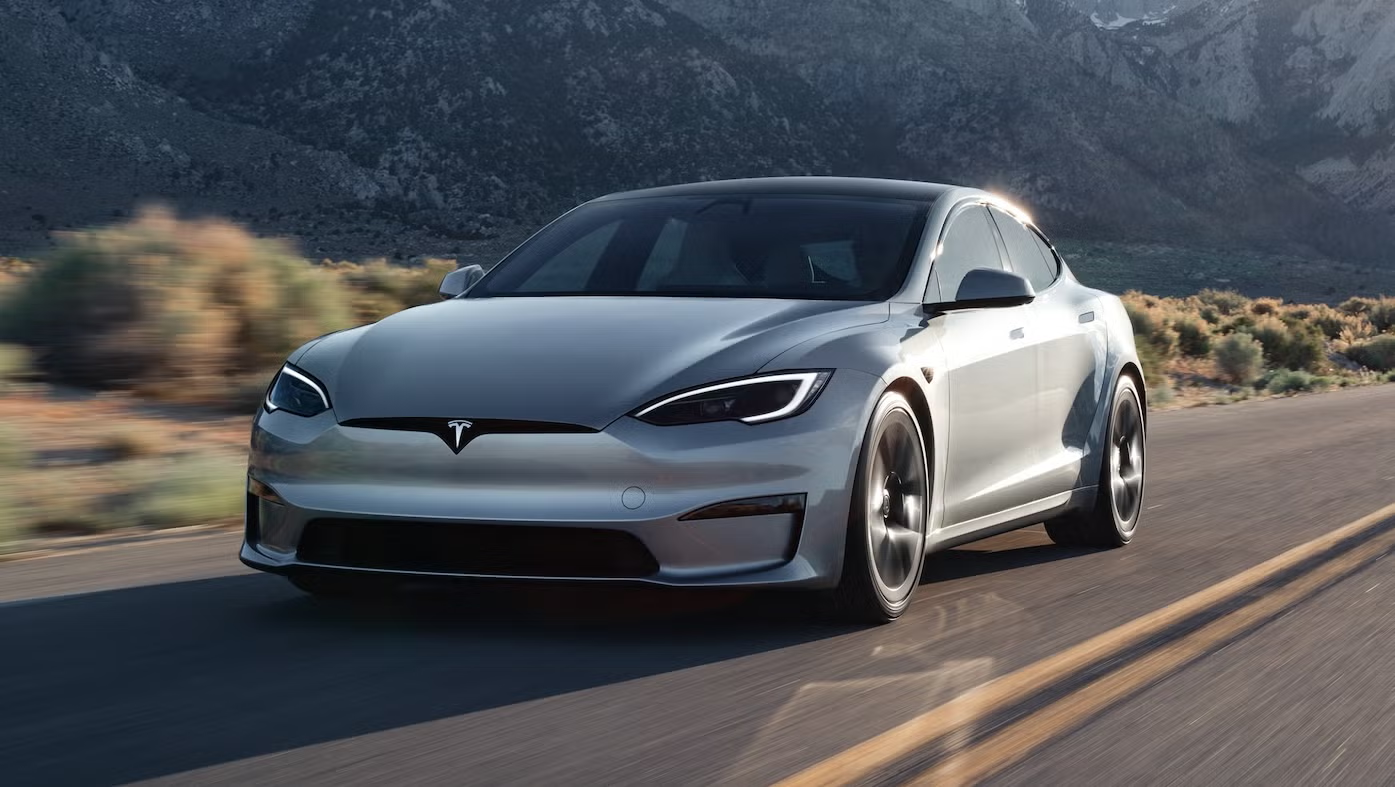Electric car batteries are designed to last for several years and hundreds of thousands of miles
The lifespan of an electric vehicle (EV) battery can vary depending on several factors. Generally, electric car batteries are designed to last for several years and hundreds of thousands of miles.
- Battery Chemistry: Different types of batteries (e.g., lithium-ion, solid-state) have varying lifespans.
- Usage Patterns: Frequent charging and discharging, extreme temperatures, and fast charging can affect battery longevity.
- Maintenance: Proper care and maintenance, such as avoiding deep discharges and using recommended charging practices, can prolong battery life.
- Manufacturing Quality: The quality of the battery itself can influence its lifespan.
Generally, electric car batteries are designed to last for several years and hundreds of thousands of miles. Manufacturers often offer warranties that cover battery replacement or repair within a certain period or mileage.
EV Battery Warranties: A Comparison
Leading EV manufacturers typically offer robust battery warranties to provide peace of mind to their customers. Here’s a comparison of some of the most common battery warranties:
| Manufacturer | Warranty Length | Capacity Retention |
|---|---|---|
| Tesla | 8 years or 120,000 miles | 70% |
| Ford | 8 years or 100,000 miles | 70% |
| Chevrolet | 8 years or 100,000 miles | 70% |
| Hyundai and Kia | 10 years or 100,000 miles | 70% |
| Nissan | 8 years or 100,000 miles | 60% |
All warrantees vary to a degree by model. For instance, Tesla offers the warrantees by model as seen below. We recommend you check the specific warranty for your make and model or one in which you are considering.
The Battery and Drive Unit in your Tesla vehicle is covered as follows:
| Model S Model X Cybertruck | 8 years or 150,000 miles, whichever comes first, with minimum 70% retention of Battery capacity over the warranty period. |
| Model 3 Rear-Wheel Drive Model Y Rear-Wheel Drive | 8 years or 100,000 miles, whichever comes first, with minimum 70% retention of Battery capacity over the warranty period. |
| Model 3 Long Range Model 3 Long Range Rear-Wheel Drive Model 3 Performance Model Y All-Wheel Drive Model Y Long Range Model Y Long Range Rear-Wheel Drive Model Y Performance | 8 years or 120,000 miles, whichever comes first, with minimum 70% retention of Battery capacity over the warranty period. |
It’s important to note that battery technology is constantly improving, and newer models are expected to have longer lifespans and range.
Factors Affecting Electric Car Battery Life
Several factors can influence the lifespan of an electric car battery:
Charging Practices:
- Frequent Full Charges: Avoid consistently charging your battery to 100%. Partial charges can help prolong battery life.
- Avoid Deep Discharges: Refrain from letting your battery completely drain, as this can stress the cells.
- Fast Charging: Frequent use of fast charging can accelerate battery degradation, so use it sparingly.
Environmental Factors:
- Temperature: Extreme temperatures, both hot and cold, can shorten battery life. Store your car in shaded areas to avoid excessive heat exposure.
- Humidity: High humidity can affect battery performance and longevity.
Usage Patterns:
- Driving Style: Aggressive driving, heavy acceleration, and frequent braking can increase battery stress.
- Terrain: Driving in hilly or mountainous areas can put a strain on the battery.
Battery Chemistry:
- Lithium-Ion Batteries: While lithium-ion batteries are the most common type in EVs, their lifespan can vary depending on specific chemistry and manufacturing processes.
- Advanced Battery Technologies: Newer technologies like solid-state batteries promise longer lifespans but are still under development.
Maintenance:
- Regular Checkups: Have your EV’s battery system checked regularly to identify any potential issues.
- Battery Management System (BMS): A well-functioning BMS is crucial for maintaining battery health.
By following these guidelines and caring for your EV’s battery, you can help maximize its lifespan and enjoy a long-lasting electric driving experience.
The Battery Management System (BMS) is a crucial component of electric vehicles (EVs). It plays a vital role in ensuring the safe and efficient operation of the battery pack.
Key Functions of a BMS:
- Monitoring: The BMS continuously monitors the state of charge (SOC), state of health (SOH), voltage, current, and temperature of each individual battery cell within the pack.
- Protection: The BMS prevents the battery from operating outside of its safe operating parameters, protecting it from overcharging, over-discharging, and excessive temperatures.
- Balancing: It ensures that all cells in the battery pack are balanced, preventing individual cells from becoming excessively charged or discharged, which can lead to premature degradation.
- Thermal Management: The BMS controls the temperature of the battery pack, preventing overheating or overcooling, both of which can be harmful to the battery’s performance and lifespan.
- Communication: The BMS communicates with other vehicle systems, such as the onboard computer and charging system, to provide information about the battery’s status and optimize its performance.
Importance of a Well-Functioning BMS:
- Safety: A BMS helps prevent battery-related safety hazards, such as fires or thermal runaway.
- Performance: It ensures that the battery pack operates at its optimal efficiency, maximizing range and performance.
- Longevity: By protecting the battery from damage and maintaining balanced cell conditions, the BMS contributes to extending the battery’s lifespan.
In essence, the BMS is the brain of the EV battery pack, responsible for its safety, performance, and longevity.
THE TAKEAWAY
Generally, electric car batteries are designed to last for several years and hundreds of thousands of miles. Manufacturers often offer warranties that cover battery replacement or repair within a certain period or mileage with warranties of 100,000 miles and 8 years being commonplace. As battery technology improves the cost of EV ownership will continue to drop as reliability, range and power continue to improve.
Sources: EV Car Answers Editors, Gemini, Saab RDS
Discover more from EV Car Answers
Subscribe to get the latest posts sent to your email.











Be First to Comment